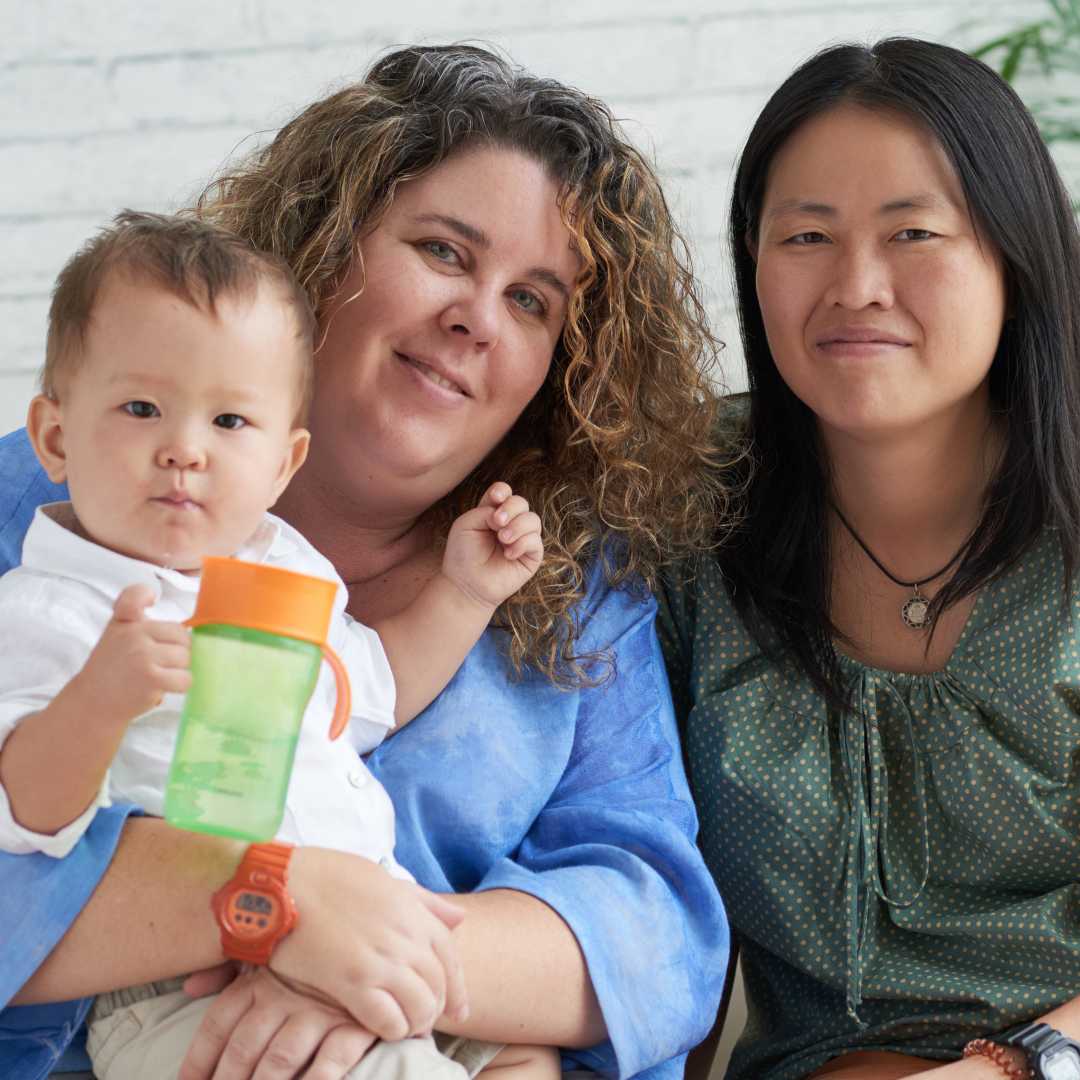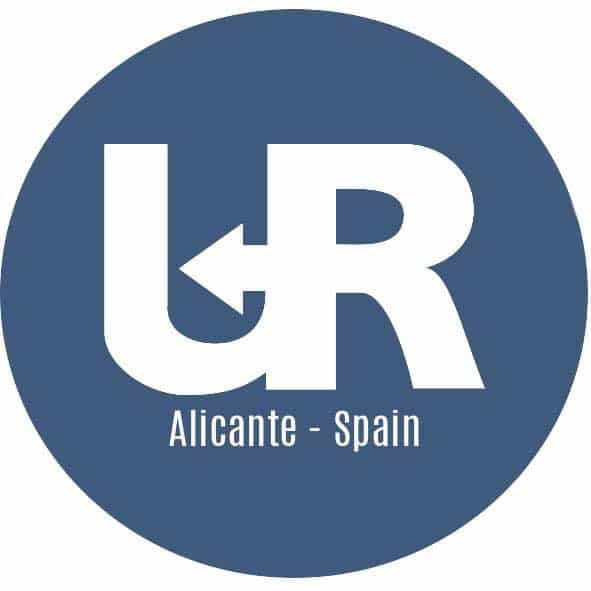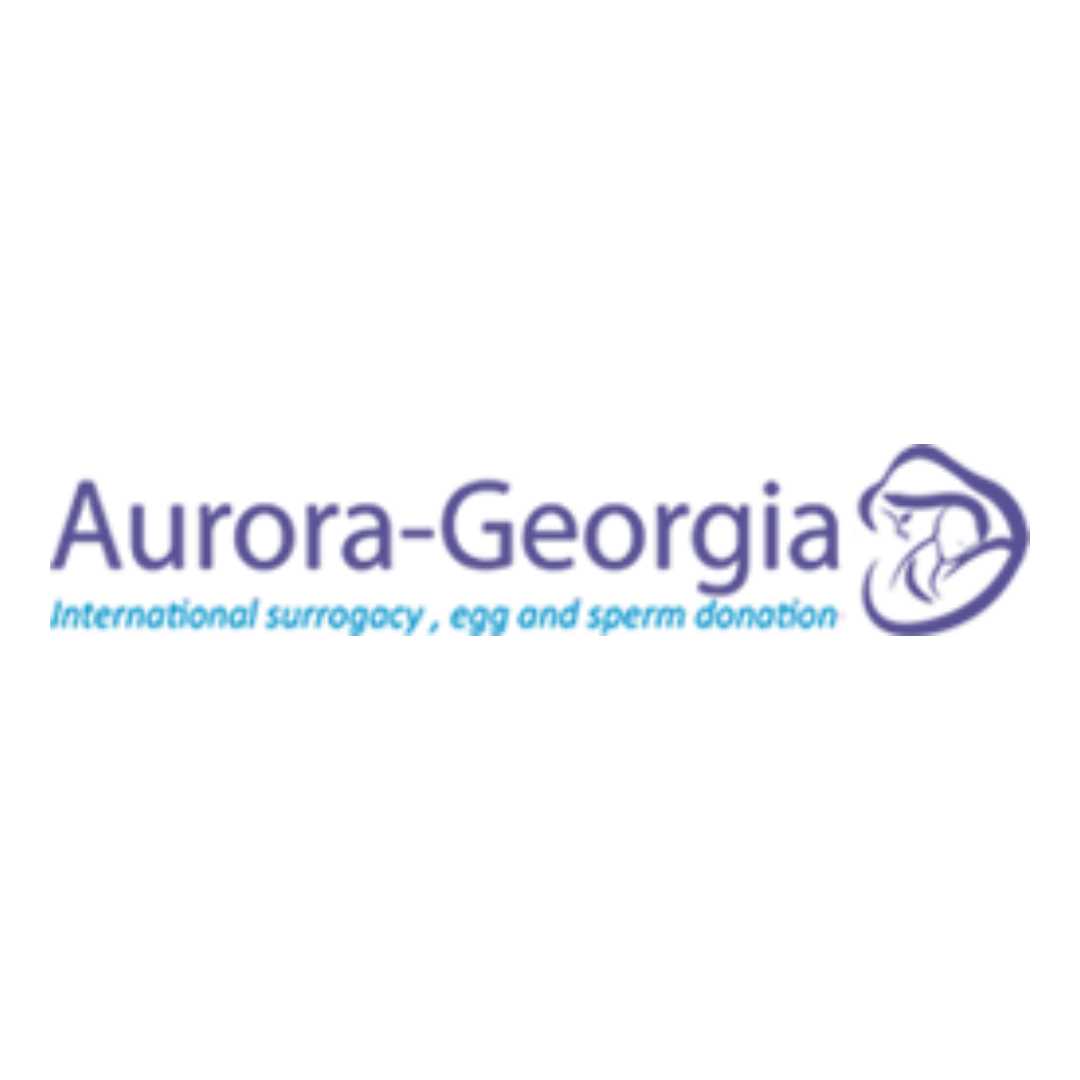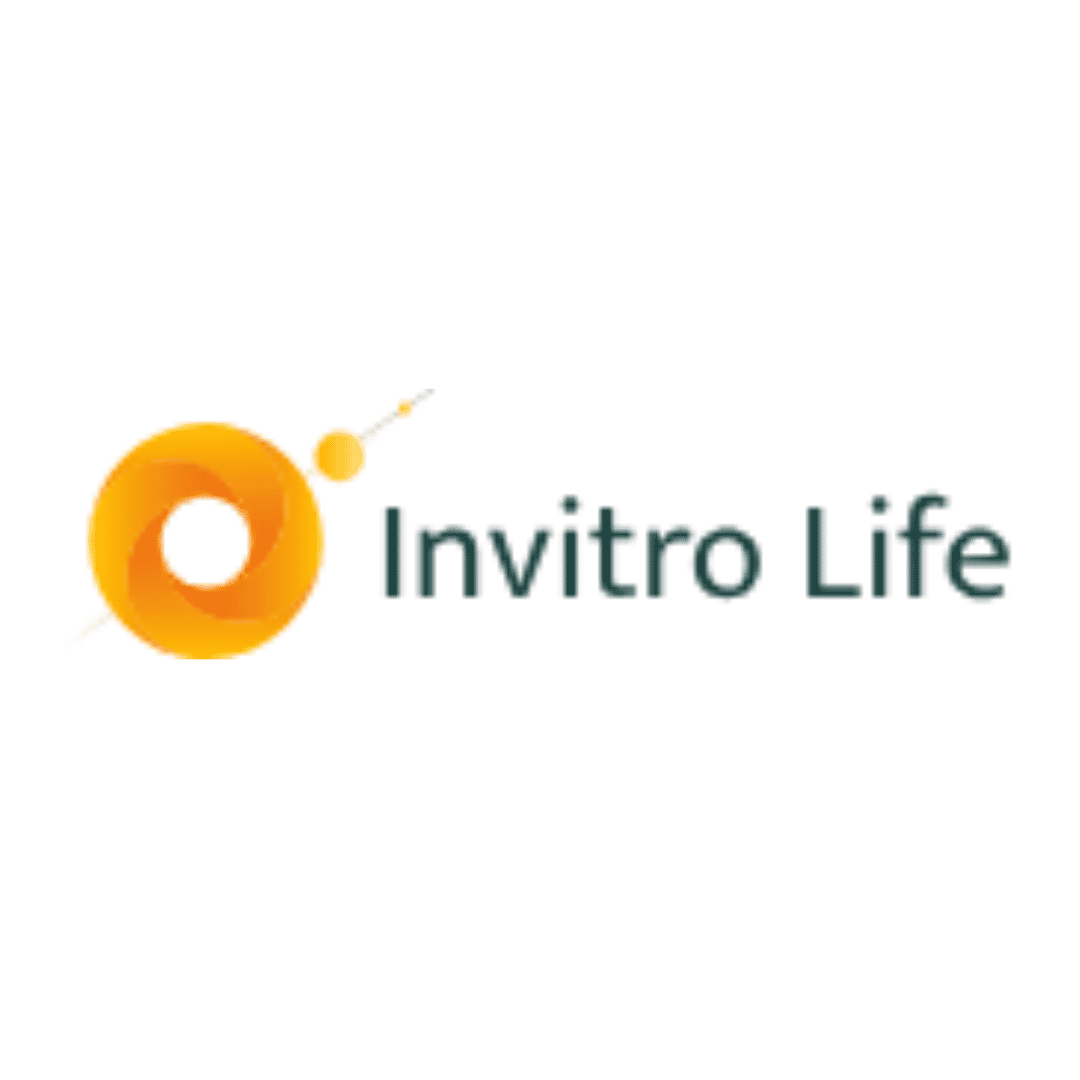.png)
Deciding where to pursue your fertility journey is a pivotal choice, encompassing factors like cost, legalities, medical excellence, and overall patient experience. For those exploring international fertility treatment, Spain and Turkey consistently emerge as top contenders. This detailed guide will meticulously compare IVF in Spain and Turkey, offering clear, actionable insights to help you make the best decision for your family-building aspirations.
Choosing Your Path: Fertility Treatment in Spain or Turkey?
Both Spain and Turkey offer compelling advantages for international patients seeking high-quality and often more affordable IVF treatments compared to countries like the United States or the UK. Spain is renowned for its advanced reproductive medicine, particularly its comprehensive and well-regulated egg donation programs, and a robust legal framework that supports a wide range of fertility services. It’s a favored destination for patients from Western Europe and beyond, seeking anonymity and high success rates.
Turkey, on the other hand, stands out for its exceptionally competitive pricing, state-of-the-art facilities, and highly skilled specialists, particularly in major cities like Istanbul and Ankara. It has become a significant hub for medical tourism, attracting patients from the Middle East, Eastern Europe, and increasingly, Western countries.
However, Turkey operates under a stricter legal framework regarding donor treatments. Understanding these core differences is crucial for navigating your fertility journey and choosing the destination that best aligns with your medical needs and personal values.
This comparison delves deep into key aspects such as IVF costs, legal regulations around egg and sperm donation, clinic quality, success rates, and the overall patient experience in each country. By examining these factors, you can gain a clearer perspective on which destination offers the most suitable environment for your path to parenthood. We'll also explore what to expect during your fertility treatment abroad, ensuring you are well-prepared for every step of the process.
IVF in Spain vs. Turkey: A Detailed Comparison Overview
Spain vs. Turkey: Core Strengths in Reproductive Medicine
Spain's Key Strengths in Fertility Treatment
Spain is a global leader in assisted reproduction, particularly for treatments involving donor gametes. Its robust legal framework permits anonymous egg and sperm donation, leading to a large pool of readily available, rigorously screened donors. This translates into virtually no waiting lists for treatments like egg donation IVF, a significant advantage for many patients.
Spanish clinics are at the forefront of technological advancements, offering a full spectrum of fertility services from standard IVF to complex PGD/PGS, time-lapse embryo monitoring, and fertility preservation. The country boasts high success rates, meticulously monitored by national regulatory bodies.
The patient experience in Spain is often characterized by a blend of highly professional medical care and the opportunity to recover in a beautiful, culturally rich environment, making it an ideal choice for patients seeking comprehensive care with donor options.
Turkey's Key Strengths in Fertility Treatment
Turkey has rapidly emerged as a prominent destination for medical tourism, offering world-class fertility treatments at a fraction of the cost found in many Western countries. Its strength lies in state-of-the-art facilities equipped with the latest technology, often housed within large, modern hospitals that provide a full range of medical services.
Turkish fertility specialists are highly trained, many with international experience, and are proficient in advanced IVF techniques using a patient's own gametes.
The cost-effectiveness of IVF in Turkey is a major draw, allowing patients to pursue multiple cycles if necessary, without the prohibitive financial burden. While donor treatments are prohibited, for patients using their own eggs and sperm, Turkey offers competitive success rates, efficient patient coordination, and a unique cultural experience that bridges East and West.
The emphasis on high-quality service and patient comfort, combined with excellent travel infrastructure, makes Turkey an attractive option for budget-conscious patients.
Understanding IVF Success Rates and Quality Standards
When considering IVF abroad, understanding success rates and quality standards is paramount. Both Spain and Turkey adhere to stringent medical guidelines and boast impressive success rates. However, it’s important to interpret these statistics correctly.
Spain: Spanish fertility clinics are obligated to report their outcomes to national registries, ensuring transparency. Clinics often publish their success rates, which are highly competitive, especially for patients under 35. For egg donation cycles, Spain's success rates are among the highest globally, reflecting the quality of their donor programs and clinical expertise.
Many clinics are also accredited by international bodies like ISO, further affirming their commitment to quality care and patient safety. These high standards are a key reason why many patients choose Spain for complex or donor-dependent fertility treatments.
Turkey: Turkish clinics, particularly those operating within larger hospital groups, frequently achieve excellent success rates for standard IVF cycles. Many Turkish hospitals hold Joint Commission International (JCI) accreditation, a testament to their adherence to global healthcare standards in terms of patient safety and quality of care. This commitment to international benchmarks ensures that patients receive high-quality treatment.
While success rates for own-egg IVF are comparable to leading global centers, it’s crucial to remember that donor treatments are not available. Patients should inquire about age-specific success rates and the clinic's specific protocols to ensure the best possible outcome for their individual circumstances.
Ultimately, the best indicator of a clinic's quality is not just its overall success rate, but how it aligns with your specific needs, age, and diagnosis. Always ask for clinic-specific data and ensure you understand the methodologies used to calculate these rates. PlacidWay can help you find transparent clinics in both Spain and Turkey that provide detailed success rate information.
IVF in Spain: Pros and Cons
Pros of IVF in Spain
- Advanced Legal Framework for Donation: Spain offers a highly regulated and ethical framework for anonymous egg, sperm, and embryo donation, with abundant, healthy donors.
- High Success Rates: Renowned for high IVF success rates, especially with egg donation, supported by rigorous national monitoring.
- No Waiting Lists: Due to the robust donor pool, there are virtually no wait times for donor egg IVF cycles.
- Cutting-Edge Technology: Clinics utilize the latest reproductive technologies, including advanced PGD/PGS, time-lapse imaging, and fertility preservation.
- Experienced International Patient Care: Clinics are well-versed in catering to international patients, offering multilingual staff and comprehensive support.
- Cultural and Travel Experience: Combine world-class treatment with a pleasant recovery in a beautiful Western European country.
Cons of IVF in Spain
- Higher Costs than Turkey: While more affordable than the US/UK, IVF costs in Spain are generally higher than in Turkey, particularly for donor cycles.
- Geographical Distance: For patients outside Europe, travel time and cost can be a factor compared to closer options.
- Language Barrier: While clinics have English-speaking staff, navigating daily life outside major tourist areas may require some Spanish.
- Limited Gender Selection: Gender selection for non-medical reasons (family balancing) is typically not permitted.
IVF in Turkey: Pros and Cons
Pros of IVF in Turkey
- Significantly Lower Costs: Offers some of the most competitive IVF prices globally, making treatment accessible for many budgets.
- State-of-the-Art Facilities: Many clinics are modern, well-equipped with advanced technology, and integrated into large hospital settings.
- Highly Qualified Specialists: Doctors are often internationally trained and very experienced in a wide range of fertility treatments.
- Strong Medical Tourism Infrastructure: Especially in Istanbul, there's excellent support for international patients, including travel, accommodation, and translation services.
- No Wait Times for Own-Egg IVF: Generally short waiting periods for standard IVF cycles.
- JCI Accredited Hospitals: Numerous hospitals and clinics hold prestigious JCI accreditation, signifying high standards of patient safety and care.
Cons of IVF in Turkey
- Strict Legal Restrictions on Donation: Egg, sperm, and embryo donation are illegal, making it unsuitable for patients requiring these options.
- No Gender Selection (non-medical): Gender selection for family balancing is strictly prohibited by law.
- Cultural Differences: Patients from Western backgrounds might find cultural differences more pronounced than in Spain, though clinics are very accommodating.
- Visa Requirements: Depending on nationality, a visa might be required, which could add a slight logistical step.
Navigating Your IVF Journey: What to Expect Abroad
Regardless of whether you choose Spain or Turkey, undergoing IVF treatment abroad involves a similar general process, albeit with country-specific nuances. Here's what you can typically expect:
- Initial Consultation: This often happens remotely via video call. You'll share your medical history, and the fertility specialist will propose a personalized treatment plan, including estimated costs and timelines.
- Pre-Treatment Preparations: This may involve local tests or medication cycles coordinated by your home doctor and the international clinic. All necessary paperwork and consents will be handled.
- Travel and Stay: You'll typically need to travel to the chosen country for approximately 2-3 weeks for the active treatment phase (stimulation, egg retrieval, fertilization, embryo transfer). Clinics often assist with travel and accommodation arrangements.
- Treatment Protocol: This involves daily medication (usually injections) to stimulate egg production, regular monitoring appointments, egg retrieval, fertilization in the lab, and finally, embryo transfer.
- Post-Treatment Care: After embryo transfer, you'll receive instructions for post-cycle medication and follow-up. Clinics provide detailed reports for your local doctor and often offer remote consultations.
- Cultural Experience: Both Spain and Turkey offer rich cultural experiences. Many patients choose to combine their treatment with a relaxing mini-vacation, exploring local sights and enjoying the cuisine. This can help reduce stress and enhance the overall journey.
Choosing a reputable clinic with strong international patient support is key to a smooth and successful experience. PlacidWay connects you with such clinics, ensuring your journey is as stress-free as possible.
Real Stories from Hopeful Parents
Anna & John, USA (Spain)
"After multiple failed cycles, we chose Spain for egg donation. The process was seamless, the team was incredibly compassionate, and we felt truly cared for. Our little miracle is due next spring, and we couldn't be happier with our decision to choose a clinic in Spain."
Kira, Germany (Turkey)
"The cost of IVF in Turkey made it possible for us to try again. The clinic in Istanbul was ultra-modern, and the doctors were phenomenal. We appreciated their transparency and dedication. We're now celebrating our positive pregnancy test!"
Liam & Maya, UK (Spain)
"Spain offered the legal security and expertise we needed for our IVF cycle. The staff were incredibly supportive, and the clinic's facilities were outstanding. We felt very confident throughout the whole experience and highly recommend Spain for IVF."
Sophia, Canada (Turkey)
"My solo IVF journey led me to Turkey, and I'm so glad it did. The affordability meant I could undergo treatment without financial strain, and the care was top-notch. I'm grateful for the excellent support and modern clinic environment in Turkey."
Comprehensive IVF FAQ Section: Spain vs. Turkey
What is the average cost difference between IVF in Spain and Turkey?
Typically, IVF treatment in Turkey is more cost-effective, with prices ranging from $3,000 - $6,000 USD for a basic cycle. Spain, while still more affordable than the US, has higher costs, often between $5,000 - $9,000 USD for a basic IVF cycle, especially when including advanced techniques or donor eggs. These costs usually exclude medications, which can add significant expense.
Are egg donation and embryo donation legal and accessible in both Spain and Turkey?
Spain has a highly progressive and well-regulated legal framework for egg and embryo donation, which is anonymous and widely available, with minimal to no wait times. In Turkey, however, egg donation, sperm donation, and embryo donation are strictly prohibited by law. Patients requiring donor options must therefore consider Spain or other destinations.
How do success rates for IVF compare between Spain and Turkey?
Both countries boast high success rates, often comparable to leading clinics worldwide. Spain is particularly known for its high success rates with egg donation due to its robust donor programs and stringent quality controls. Turkey's success rates are also very competitive, especially for standard IVF procedures using a patient's own eggs, benefiting from advanced technology and skilled specialists. It's crucial to look at age-specific success rates provided by individual clinics.
What are the legal considerations for fertility treatment, such as gender selection?
In Spain, preimplantation genetic diagnosis (PGD/PGS) is permitted for medical reasons to screen for and prevent the transmission of serious genetic diseases. Gender selection for non-medical reasons (family balancing) is generally not allowed. In Turkey, PGD/PGS is also available for medical reasons, but gender selection for non-medical purposes is illegal and strictly enforced under Turkish law.
What level of clinic accreditation and quality can I expect in Spain and Turkey?
Both countries have numerous high-quality fertility clinics that adhere to international standards. Spain has many clinics with ISO certifications, and some are JCI-accredited, ensuring excellent patient care and safety. Turkey also has a growing number of JCI-accredited hospitals and fertility centers, particularly in major cities, indicating a strong commitment to global healthcare quality and patient safety standards.
How accessible are IVF clinics in terms of travel and logistics for international patients?
Both Spain and Turkey are highly accessible destinations for medical tourism. Spain benefits from extensive flight connections across Europe, North America, and beyond, with a well-developed tourism infrastructure. Turkey, especially Istanbul, serves as a major international air hub, making travel convenient for patients from a wide geographical area. Many clinics in both countries offer comprehensive international patient services, including airport transfers and accommodation assistance.
Do clinics in Spain and Turkey offer personalized patient support and English-speaking staff?
Yes, leading IVF clinics in both Spain and Turkey are highly experienced with international patients. They typically offer dedicated patient coordinators who speak multiple languages, including English, to guide you through every step of the process. This includes initial consultations, treatment scheduling, travel logistics, and post-treatment follow-up, ensuring clear communication and personalized care.
What is the typical duration of stay required for an IVF cycle in Spain or Turkey?
For a standard IVF cycle (using your own eggs), patients can generally expect to stay for approximately 2 to 3 weeks in either country. This duration allows for the ovarian stimulation phase, egg retrieval procedure, laboratory fertilization, and the final embryo transfer. For donor egg cycles in Spain, the stay might be slightly shorter as the stimulation phase for the donor happens beforehand.
Are there any wait times for fertility treatments, especially for donor programs?
In Spain, due to its well-established and regulated donor programs, wait times for egg donation are generally minimal to non-existent, often allowing immediate treatment cycles once preparations are complete. In Turkey, since donor options are prohibited, wait times are only relevant for standard IVF cycles using a patient's own gametes, which are typically very short, depending on clinic availability and scheduling.
How does the cultural and travel experience differ between Spain and Turkey for medical tourists?
Spain offers a vibrant Western European experience with a rich history, warm Mediterranean climate, renowned cuisine, and relaxed lifestyle, making it an attractive destination for combining treatment with leisure. Turkey, uniquely bridging Europe and Asia, offers a distinct blend of Eastern and Western cultures, ancient historical sites, bustling bazaars, and warm hospitality. Both countries provide opportunities for a memorable and enriching travel experience alongside your medical journey.
Ready to Take the Next Step on Your Fertility Journey?
Making the right choice for your fertility treatment abroad is a deeply personal decision, influenced by your medical needs, budget, and legal requirements. While this guide provides a comprehensive overview, your journey is unique. At PlacidWay, we specialize in connecting intended parents like you with world-class, pre-vetted fertility clinics in Spain, IVF centers in Turkey, and numerous other trusted international destinations.
Our dedicated Care Team is here to provide a free, no-obligation consultation to help you compare personalized treatment packages, understand transparent pricing for IVF Spain cost or IVF Turkey price, and answer all your specific questions. Let us handle the complexities of planning and coordinating your medical travel, so you can focus on what truly matters – building your family. Explore your options for affordable IVF abroad and high success rates today.

.png)






.png)






Share this listing